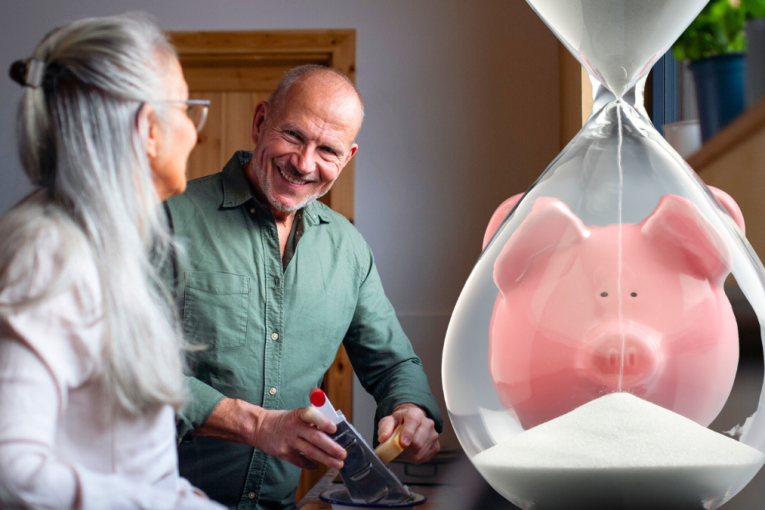New figures show superannuation system is cutting the cost of pension payments


Retirees' savings are growing and reliance on the pension is falling. Photo: Getty
Superannuation savings are steadily reducing older Australians’ reliance on the age pension, according to the latest figures released by the Melbourne Institute.
The survey, known as HILDA (Household Income and Labour Dynamics in Australia) shows that while in 2003 some 60 per cent of those aged 65 or over relied on the age pension for more than 50 per cent of their income – by 2017 this had fallen to 51 per cent.
For those relying on welfare for more than 90 per cent of their income the figures fell from 36 per cent to 28 per cent.

Source: HILDA
A closer look at a range of age groups shows pension reliance has declined for all age groups – except those over 80.
“The lesser reliance on the age pension reflects an increase in superannuation income driven by a maturing of the system and a rise in the number of baby boomer couples who have growing superannuation balances,” said Phil Gallagher, a retirement-incomes specialist with Industry Super Australia.
Baby boomer wealth
Retiring baby boomer balances are getting larger as more of the cohort reaches retirement because they have spent more time working under rising super guarantee payments.
Alternately, the 80-plus demographic is increasingly relying on the pension because longer lifespans mean people who often had little super to begin with, spend it as they age.
For the cohorts between the ages of 65 and 79, pension reliance dipped strongly from 2001 to the global financial crisis. That financial cataclysm eroded retirement savings, pushing people back onto the pension.
The flattening of the decline since then is attributable to a number of factors, according to David Knox, a partner with superannuation consultancy Mercer.
Rising pension age
“The pension age has moved up from 65 to 66, so people who have retired early or lost their jobs have had to spend some of their super in their early 60s,” Mr Knox said.
“Low interest rates in recent years also mean lower incomes for many retirees and because their incomes fall they become more reliant on the age pension.”
Another phenomenon identified by HILDA was a growth in the number of people choosing to take up salary sacrificing, which allows them to put more than the standard 9.5 per cent super guarantee into their accounts. 
Since 2010 the percentage of people choosing salary sacrifice has risen from 56.5 per cent to 59.4 per cent – a rise of 5.1 per cent. Meanwhile, the median amount saved has fallen 14.2 per cent, from $6389 a year to $5485.
Good news on salary sacrifice
While at first blush that decline might sound bad it is actually a good sign, acording to Paul Versteege, policy chief with the Combined Pensioners and Superannuants Association. Because a rising number and percentage of people are salary sacrificing, median payments are declining as those on lower incomes put extra money into super.
“The salary sacrifice per person is being outweighed by the growing number of people who save,” Mr Versteege said.
“In the future the increase in the number of people salary sacrificing will further reduce reliance on the age pension.”
Mr Knox agreed that pressure will ease on the pension.
“The figures show that the cost to the budget of the age pension will reduce and that fact that more people are choosing to salary sacrifice is a good sign,” he said.
The New Daily is owned by Industry Super Holdings








